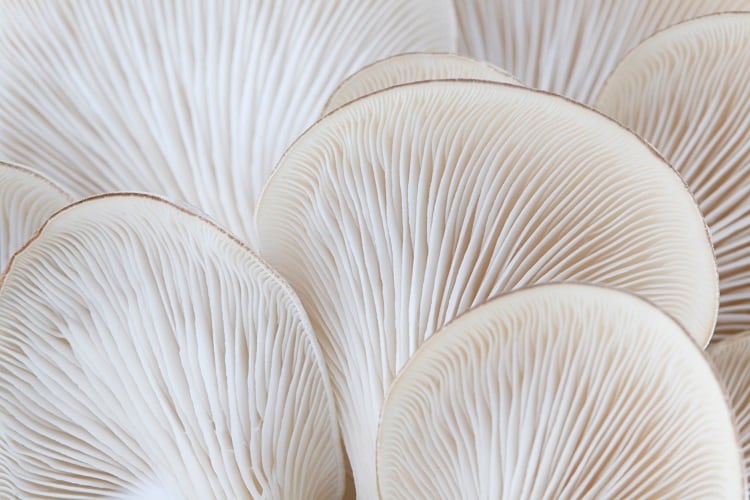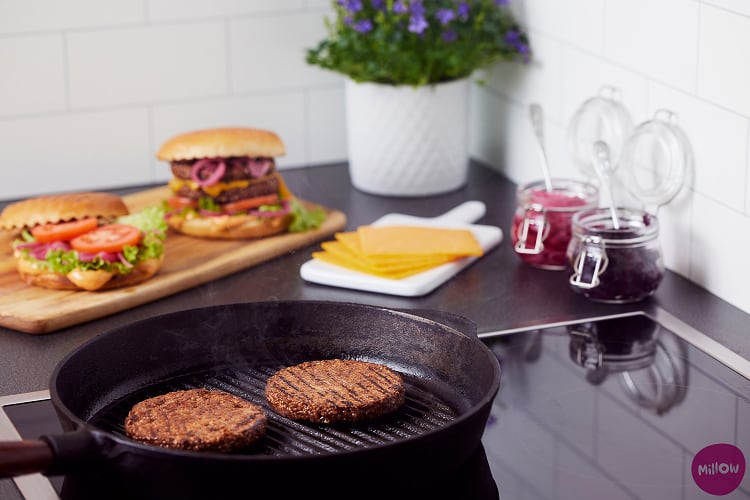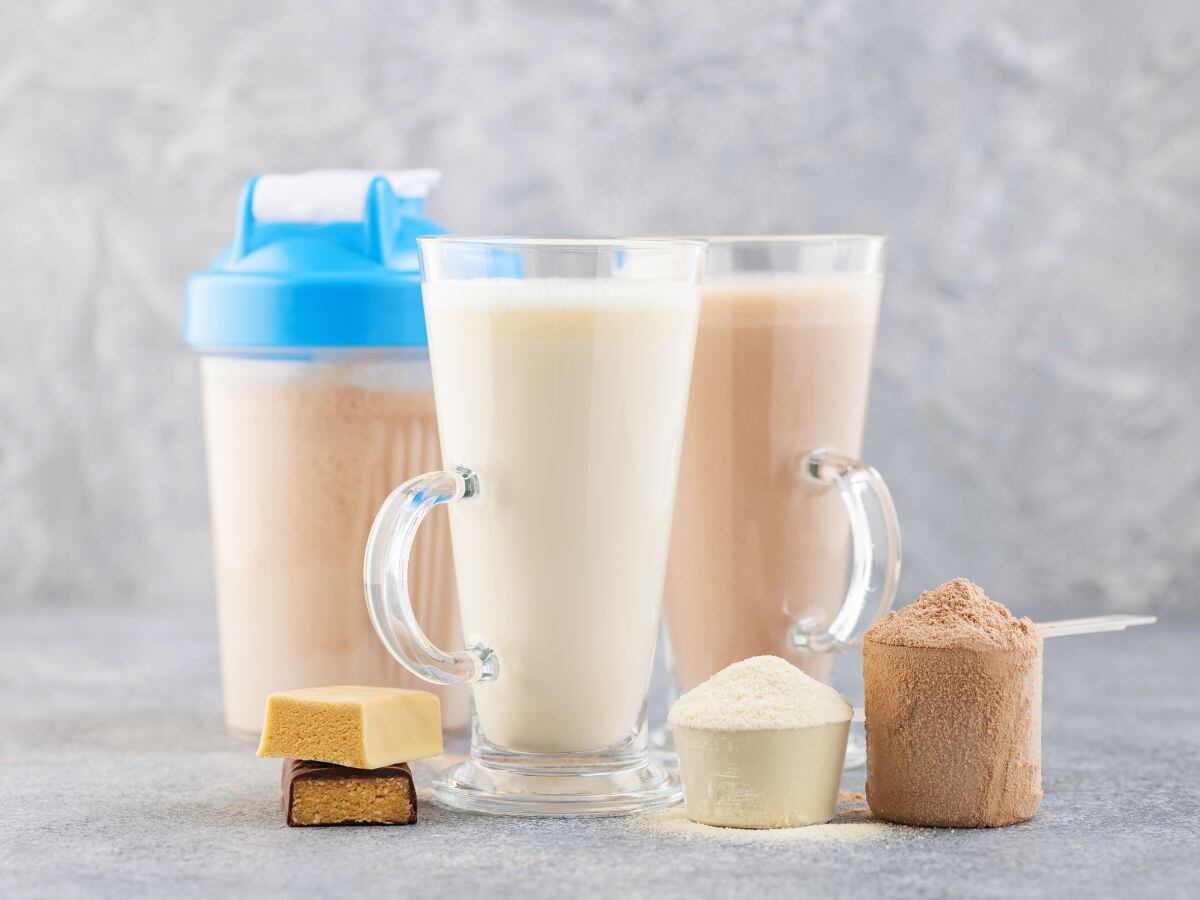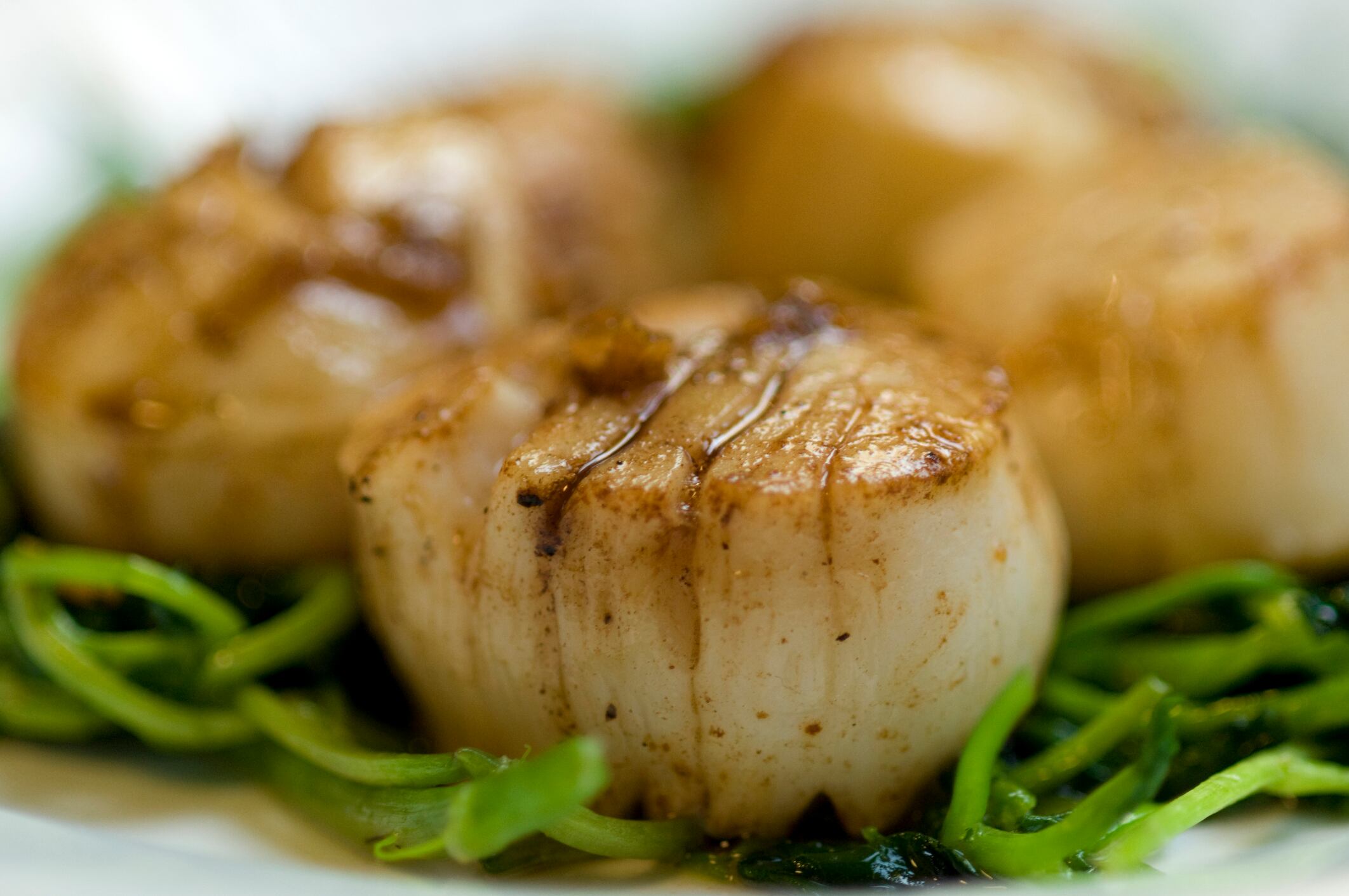Plastic pollution is a global concern. Twice as much plastic is produced today compared to just two decades ago, with most ending up in landfill, leaking into the environment, or incinerated, according to the the Organisation for Economic Co-operation and Development (OECD).
Entrepreneur Rotem Cahanovitc was confronted with this reality – which he describes as a ‘plague of plastic’ – during a three-month volunteering stint in Ethiopia. “It’s a country of 110 million people, with no waste infrastructure. At the end of the day, nobody comes to pick up the waste – most of which is plastic packaging. Instead, they burn it.”
With a background in mycology, Cahanovitc was acutely aware that the human-led ‘waste problem’ doesn’t exist in nature, where fungi are Earth’s natural recyclers. “They know how to take what we call waste, upcycle it, and turn it into nutrients for plants.”
Combining the two – an awareness of the plastic pollution problem and fungi’s upcycling potential – informed the entrepreneur’s research into fungi-derived materials for food and beverage packaging.
“We can use these organisms to create more sustainable materials, by taking what we now call waste – with low financial value – and turn it into gold.”
Together with co-founder and CTO Yotam David, Cahanovitc (CEO) founded MadeRight: a ‘literal’ garage start-up that leverages fungi’s natural upcycling process in a ‘controlled’ manner to drastically reduce plastic pollution derived from food and beverage packaging.
A ‘low volume, high value’ material for packaging
MadeRight is using fungi as cell factories to produce high-value materials. The start-up’s first product turns industrial organic waste into a recyclable plastic alternative.
Conventional plastic packaging is made from a ‘cocktail’ of materials, explained Cahanovitc. These are largely made up of polymers, pigments, and fillers in varying ratios. Functional additives are also included, depending on the food and beverage product in question, to protect against relevant elements such as oxygen or light.
The functional additives segment of packaging is where MadeRight comes into play. The start-up is developing a ‘low volume, high value’ constitute for packaging to improve the performance and sustainability of plastic or bioplastic packaging.
“Currently, the failure in the market is that there is a trade-off between performance and sustainability [in packaging],” the CEO told this publication.
“We have the fossil plastics that do the job well, they’re cheap and functional but with obvious costs to our health and the planet. And then we have sustainably manufactured bioplastics, some are made from renewable sources, some are home compostable, and some are fully recyclable. Bioplastics are harder to process and create packaging that provides shorter shelf-life for products.”
MadeRight claims its solution, a ‘high-value material’ developed with fungi, solves this challenge.
The start-up is developing an additive that mixes in with either fossil plastics or bioplastics to enhance their performance. “It prolongs the shelf-life by protecting against elements such as UV and oxygen. And its antimicrobial, which in the context of food means saving on food spoilage.”
The CEO was hesitant to put an exact figure on the percentage of plastic reduction achievable per package, but revealed its aims to reduce fossil-derived plastic packaging by 56m tons by 2031, reducing 224m tons of CO2. “These are initial estimates, as further lifecycle assessments are to be performed.”
A ‘drop-in’ solution for industry
To develop its sustainable material, MadeRight is upcycling industrial organic side streams from the food, agriculture and biotechnology industries otherwise sent to landfill or downcycled into feed.
In a controlled, solid-state fermentation process, fungi turn this would-be waste into biomass. The start-up is working with ‘a few’ fungal species and selects them depending on the organic waste substrate used.
Through several biotechnological steps, MadeRight then extracts materials from the biomass to mix in with plastics – either fossil plastics or bioplastics – to create pellets.
These pellets are introduced into packaging manufacturing machines by the start-up’s packaging manufacturing clients, who are then able to create sustainable and durable packaging, we were told. “They’re a drop-in solution that fits current equipment.”
Just as MadeRight is working to fit existing packaging manufacturing infrastructure, it is also working to align with existing recycling streams. Materials such as bio-based polyethylene, made from renewable resources, can fit with today’s recycling systems, which is also MadeRight’s objective.
The company wants to develop both flexible and rigid packaging solutions, with flexible presenting an obvious gap within sustainable packaging offerings on the market. “Flexible is the biggest problem for recycling, whereas rigid packaging is more recyclable,” the CEO explained.
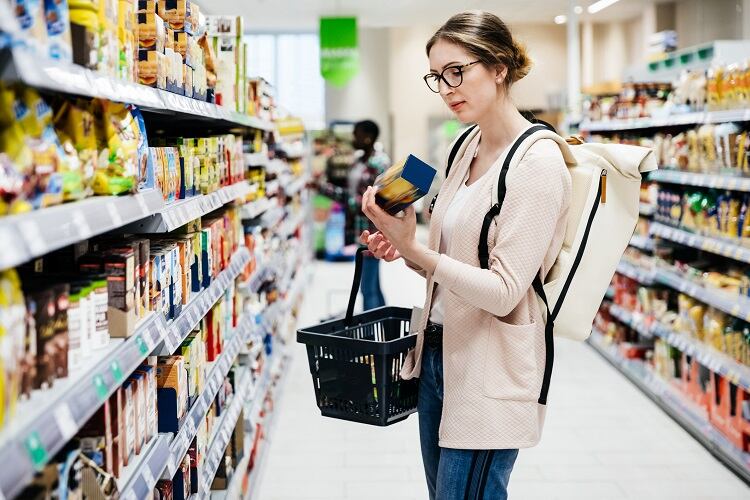
With Europe as MadeRight’s go-to market, the company will be required to pass through the European Commission’s food contact materials regulation. Although European regulation has a reputation for being more stringent than other geographies, Cahanovitc is confident market acceptance will be on his side.
“We’re definitely looking at Europe because of consumer awareness [around plastic pollution], packaging regulations, and market acceptance. They’re looking for high-performing sustainable materials.”


